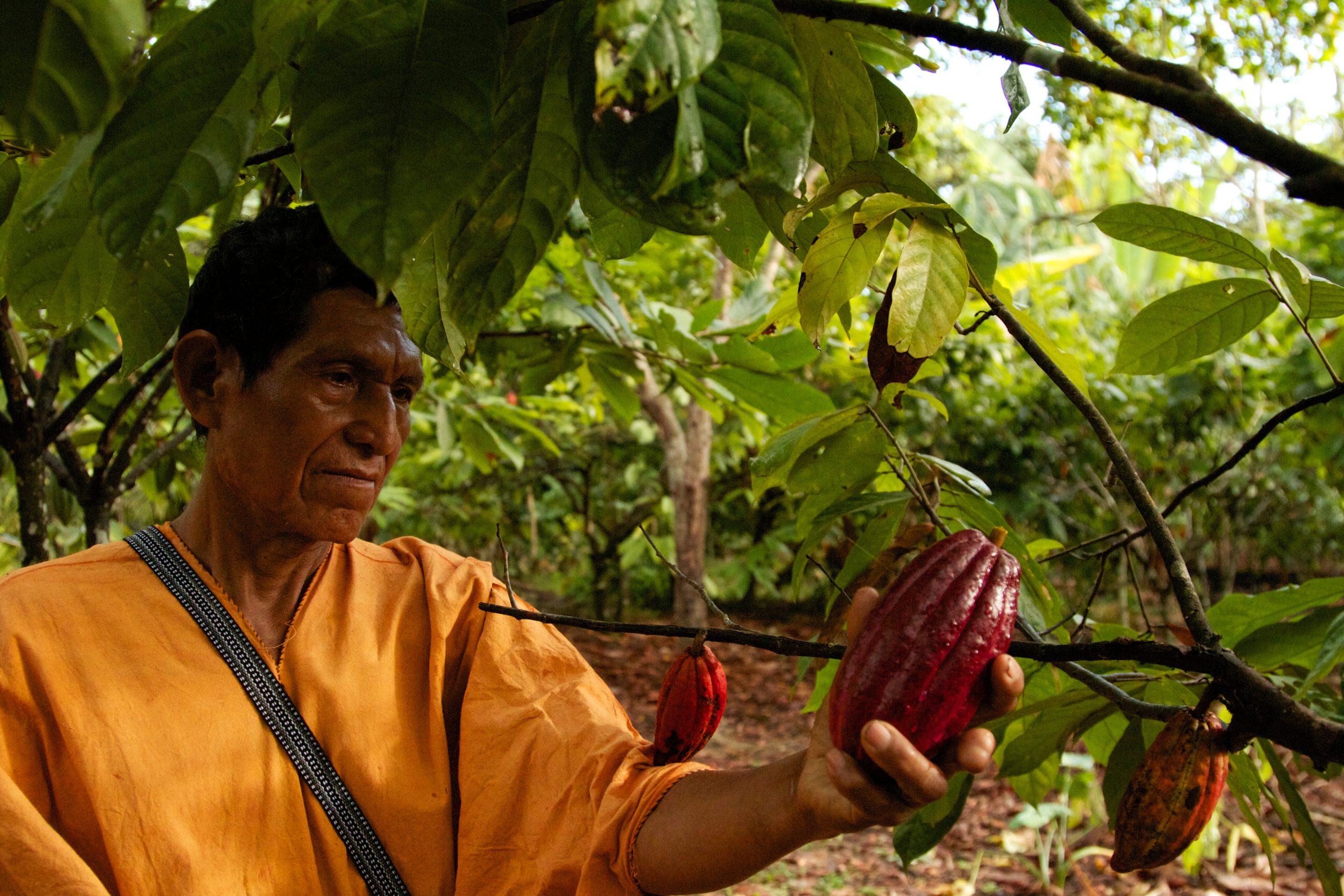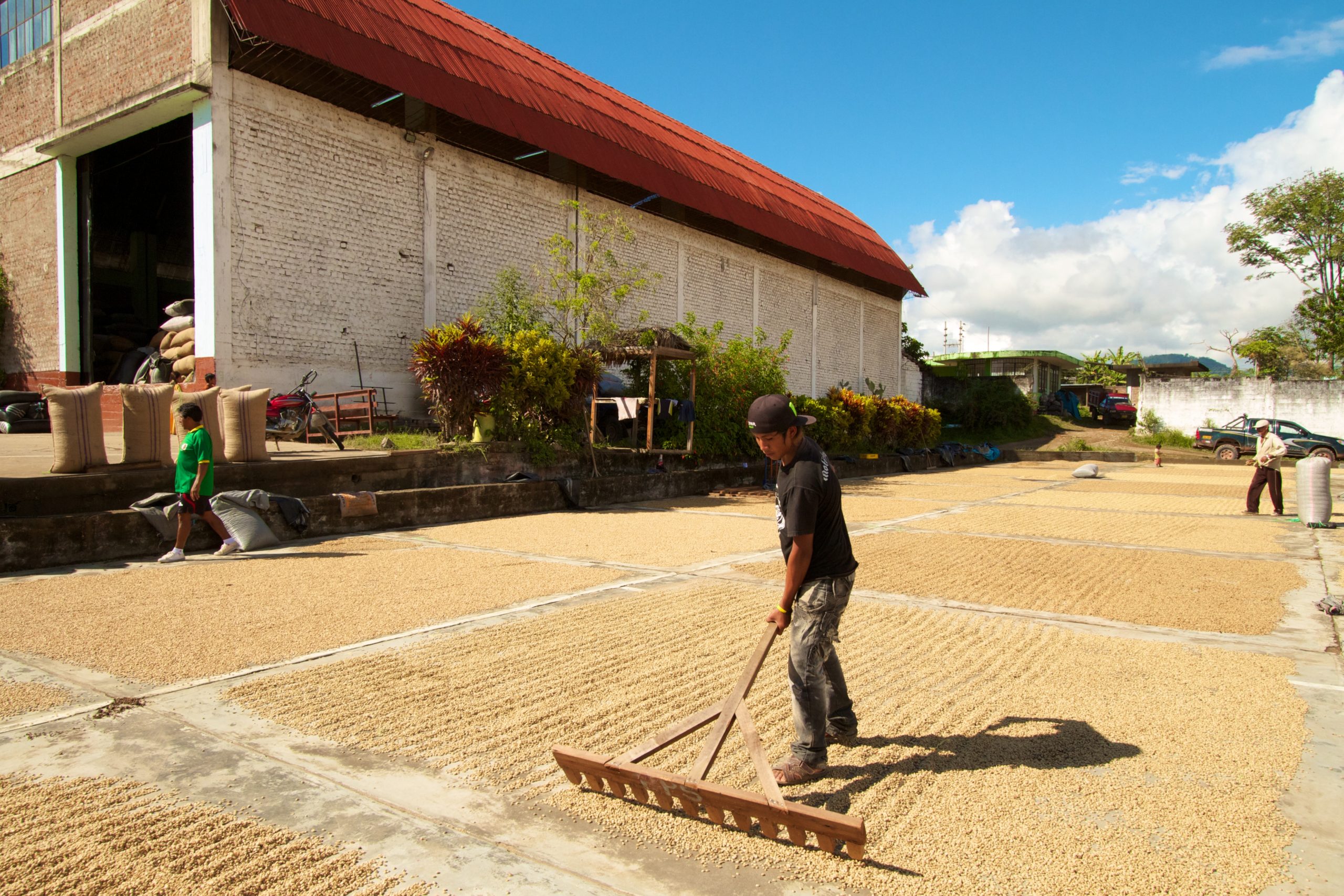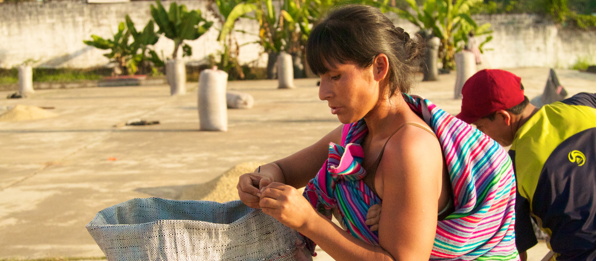This is the third post of Farming First’s #FillTheGap campaign to highlight the gender gap facing rural women working in agriculture.
Closing her eyes for a moment, Esperanza Dionisio Castillo recalls one of the first meetings she attended as a cooperative leader in San Martín de Pangoa, central Peru. “There wasn’t a single woman there,” she said. “More than a hundred men, all of them stunned, looking at me like some sort of rare insect.”
Peruvian women have often fallen into the gender gap when it comes to employment and leadership roles. Most do not join the formal labour force with two thirds finding work and income in the informal sector, according to a 2012 report. In 2007, more than a quarter of rural women had no education compared to just seven per cent of rural men.
Nonetheless, Esperanza rose up the ranks and became the only woman in the whole of the Junín region – an area larger than the Netherlands – to manage a cooperative. In that time, she has guided the Pangoa Cooperative to unprecedented levels of success.
She has created sustainable incomes for members through coffee, cocoa, and honey production, providing an alternative to coca production and drug trafficking for hundreds of farming families. And she has steered the cooperative to meet global certification standards, guaranteeing higher prices – and higher incomes – for her farmers.

Photo: (c) Root Capital
What’s more, in overcoming gender barriers herself, she has positioned herself to help empower and support other rural women, determined that others should not face the same scrutiny and mistrust that she encountered.
The Committee for the Development of Women (CODEMU) association has provided access to health services for all women over 30 as well as developing women leaders who can take on more responsibility within the cooperative.
This means that rural women in Pangoa can more equitably benefit from the financial support of the cooperative by Root Capital, which has provided US$7 million in credit over the past decade as well as dozens of days of training.

Photo: (c) Root Capital
Meanwhile, Esperanza has also worked with other cooperative leaders to launch a fund for higher education for its members’ children — many of whom would be the first in their families to go to college – thus reducing the burden on women to secure the education of their children. Over five years, students receive US$10,000 in loans from the cooperative, which is then repaid over 10 years. So far, 27 young people have graduated from university through this program.
“Doña Esperanza learns, and she shares what she knows with everyone,” said Raúl Eusebio Alaya Sarmiento, Pangoa president. “It really seems like the only thing that matters for her is doing good for the people around her.”
For more stories of bridging the gender gap, visit Farming First’s Fill The Gap page or follow #FillTheGap on social media.



